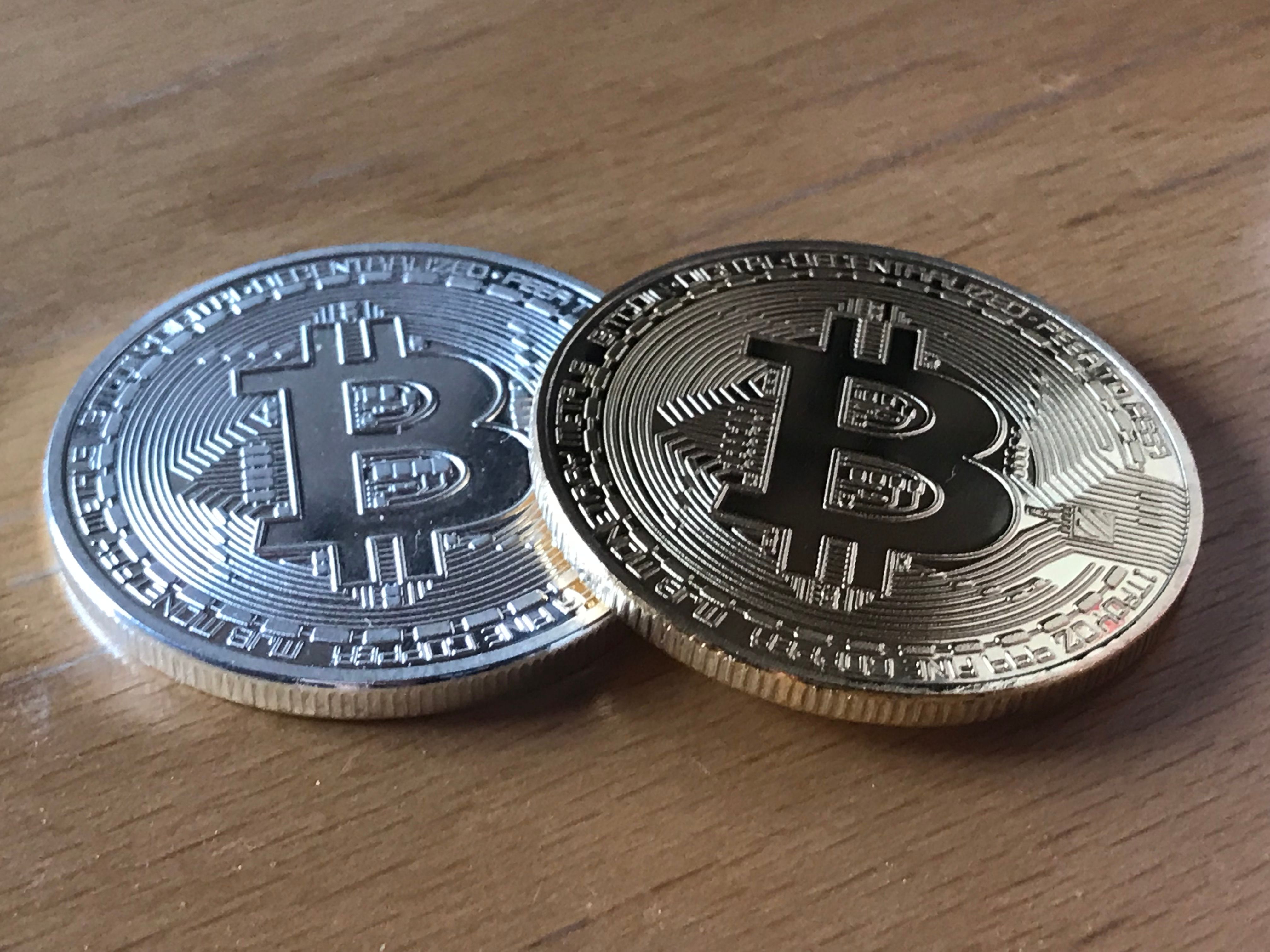Bitcoin is an independent decentralized digital currency that was created in 2009. Basically, it is just as digital as the money numbers on your bank account. The big difference is that YOU have control over this number, not the banks!

This means that Bitcoin is NOT centrally controlled by a government or bank. It works on the same idea as BitTorrent or the Tor network. So instead of transferring files, transactions are sent to thousands of servers that check each other to ensure that the transactions are valid using advanced cryptographic algorithms. You can also operate a Bitcoin node yourself as a server at home.
Bitcoin has performed breathtakingly since 2009 and has become the fastest growing asset in human history. The first bitcoin transaction in history took place in 2010 in the form of two pizzas at a price of 10,000 bitcoins. So assuming a pizza costs $10, the exchange rate back then was 0.2 cents. In November 2013, the bitcoin was already quoted at over 1000 dollars and in December 2017 the highest price to date of almost 20,000 dollars was reached. The value of the bitcoin was extremely volatile right from the start. 5% price fluctuations are very frequent, sometimes several times a day.
How are Bitcoins created?
Bitcoins can be purchased or created. The creation of Bitcoins requires a computer that solves cryptographic puzzles for which Bitcoins are rewarded. At first it was easy and anyone could create Bitcoins on a normal home computer, but the Bitcoin ecosystem automatically adapts so that only 12.5 Bitcoins (12.5 for now) are released system-wide every 10 minutes - no matter how many computers try to solve the cryptographic puzzle. In order to earn serious money for the mining of bitcoins today, you need specially developed computers with special hardware, so-called mining rigs.
Why Bitcoin?
Bitcoin, unlike dollars and euros, cannot be created out of nothing. Bitcoin follows the laws of thermodynamics: Bitcoin production requires input, i.e. concrete investments in computing power and thus electricity, to create or mine bitcoins, just as gold requires equipment and fuel for mining and extraction.
Bitcoin is finite, with only 21 million coins ever created. Bitcoin is deflationary against the dollar and euro, which are inflationary. Also, the owner of the Bitcoin has total control over your funds. You can transfer bitcoins globally and very quickly, so this is something that neither dollars, gold nor any other asset class can offer. Bitcoin could change the form of money in the future just as the Internet has done with communication.
What are potential risks?
In 2009 a man named Satoshi Nakamoto (pseudonym) published the Bitcoin-Whitepaper, which describes the mechanisms of the Bitcoin-Network in a scientific way. The identity of the creator is still controversial, but it can be assumed that a group of inventors from various areas of economics, cryptography and technology stand behind the pseudonym.
In the initial phase there were great fears that the code of the bit coin could be cracked and the system destroyed, but 8 years later such fears have subsided and the price has skyrocketed.
What is the future of bitcoin?
Today, bitcoin faces other problems, such as scalability: Bitcoin has reached a theoretical limit of 10 transactions per second, while Visa/Mastercard processes approximately 2000 transactions per second. Scalability has developed into a long debate, because the principle of decentralization means that NO one person can "upgrade" the bitcoin like this. There must be a system-wide consensus for further development.
While consensus has worked well in the past, the global Bitcoin community has not been able to agree on this particular scalability issue for some time. Among other things, this led to the spin-off of the Bitcoin Cash movement in summer 2017, which doubled the block size. In contrast, the traditional Bitcoin developers wanted to make Bitcoin fit for the future with a technology called "Segwit", which enables new, faster transactions and the so-called Lightening Network.
There are now many other crypto currencies, but Bitcoin is still playing the dominant role alongside Ethereum. Bitcoin has developed an idea, but competing crypto currencies with better implementations could possibly overtake Bitcoin in the future, just as Facebook has overtaken MySpace or how Altavista and Yahoo have not become the standard search engine, but Google has prevailed here.
The CHIP magazine made as the first German magazine a special edition to the Bitcoin, which it can buy starting from 21. March at the kiosk for 4.90 euro. You can now even download it as PDF from the CHIP website.
